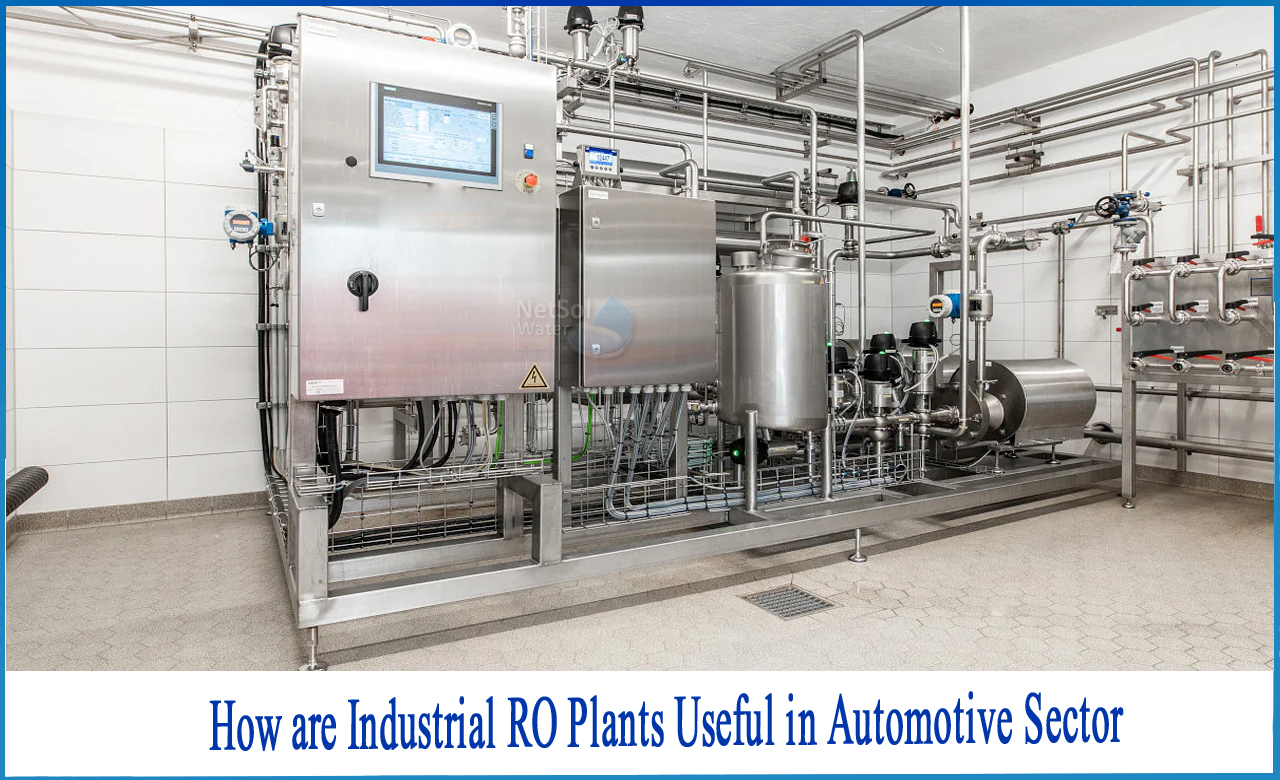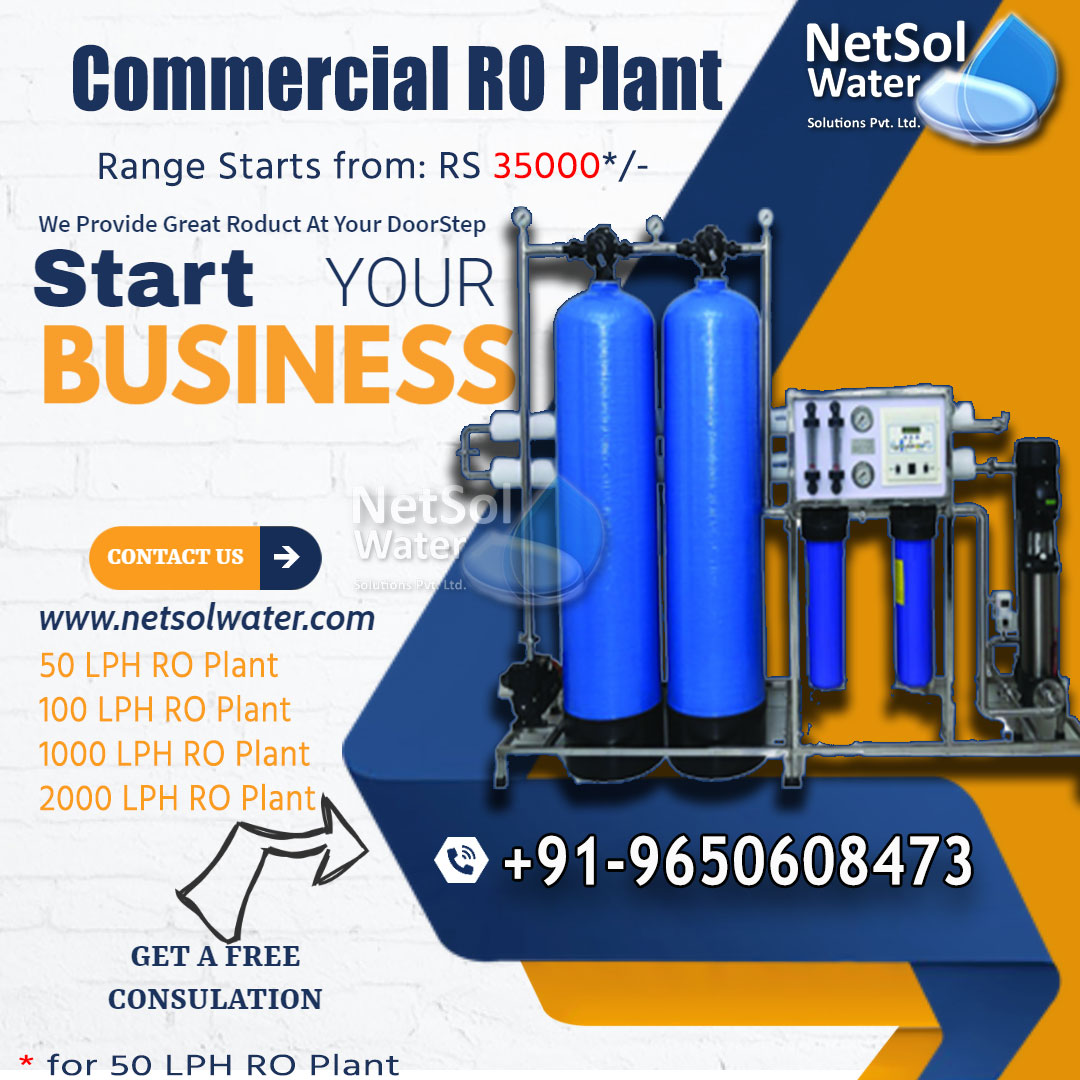How are industrial RO plants useful in automotive sector?
Many industrial water filtration systems may be utilized to remove pollutants, sediments, and chemicals, depending on the raw water. Reverse osmosis is becoming increasingly common as it can remove more contaminants thanother methods. For automobile sector, a number of methods may be used depending on the quality of the water you have and the quality you need to achieve for your specific needs.
In this article, we will talk about use of Industrial RO Plants in the automobile sector.
Which sectors employ RO Systems?
Water is utilized to clean machinery, process components, generate consumables, wash off packing before items are placed, and more, in most industrial applications. Thus, reverse osmosis can be used in the following sectors:
- Automotive
- Food & Beverage
- Aerospace
- Pharmaceutical
- Agriculture
- Finishing
- Industrial
Use of RO plants in Automotive Industry
Water is an important part of the entire process of building, maintaining, and cleaning a vehicle and its components. Water use is highest throughout the manufacturing phases of a vehicle.
Metals, oils, grease, and hazardous substances from paint residue can be found in the wastewater generated during the production of an automobile. These products can harm the environment for a long time if not properly treated, and they can be dangerous if they get into the main water system.
Reverse Osmosis may be used to create the water required at the start of the process as well as at the finish, when the wastewater can be treated again using RO.
After the water has been cleansed and the waste products have been removed and properly disposed of rather than flushed away, it may be reused in the manufacturing process, decreasing waste and water use.
What are the benefits of using RO systems in an automotive industry?
There are a number of reasons why reverse osmosis is one of the best water filtering systems for industrial applications.
Following are some of the advantages of implementing RO in automotive sector which include Environmental, cost, health &safety, maintenance and much more.
1: One of the most ecologically friendly technologies for treating industrial wastewater is reverse osmosis. It captures impurities and allows you to dispose of them correctly.
2: This is perfect for automobile manufacturers that want to save money on water resources and storage. It also communicates a more responsible water-practice attitude, which is becoming a major concern for company owners as environmental challenges become more pressing than ever.
3: Because RO does not need the use of dangerous chemicals, less hazardous wastewater is produced.
4: Chemicals are required in alternative water filtering procedures. As the price of membrane components used in RO decreases, the price of acid and caustic solutions continues to climb.
5: Electricity is the principal expense of RO; current water filtering systems use less energy;therefore, operational costs are modest.
6: It also reduces the danger of chemicals being kept on-site, making the workplace safer.
7: RO is a self-contained, self-maintaining unit. It self-cleans and just requires periodic monitoring from the operator.
Technical assistance and guidance
Netsol Water collaborates with a wide range of international organizations to tackle complicated RO problems by strategically integrating modern treatment technology with practical solutions.




